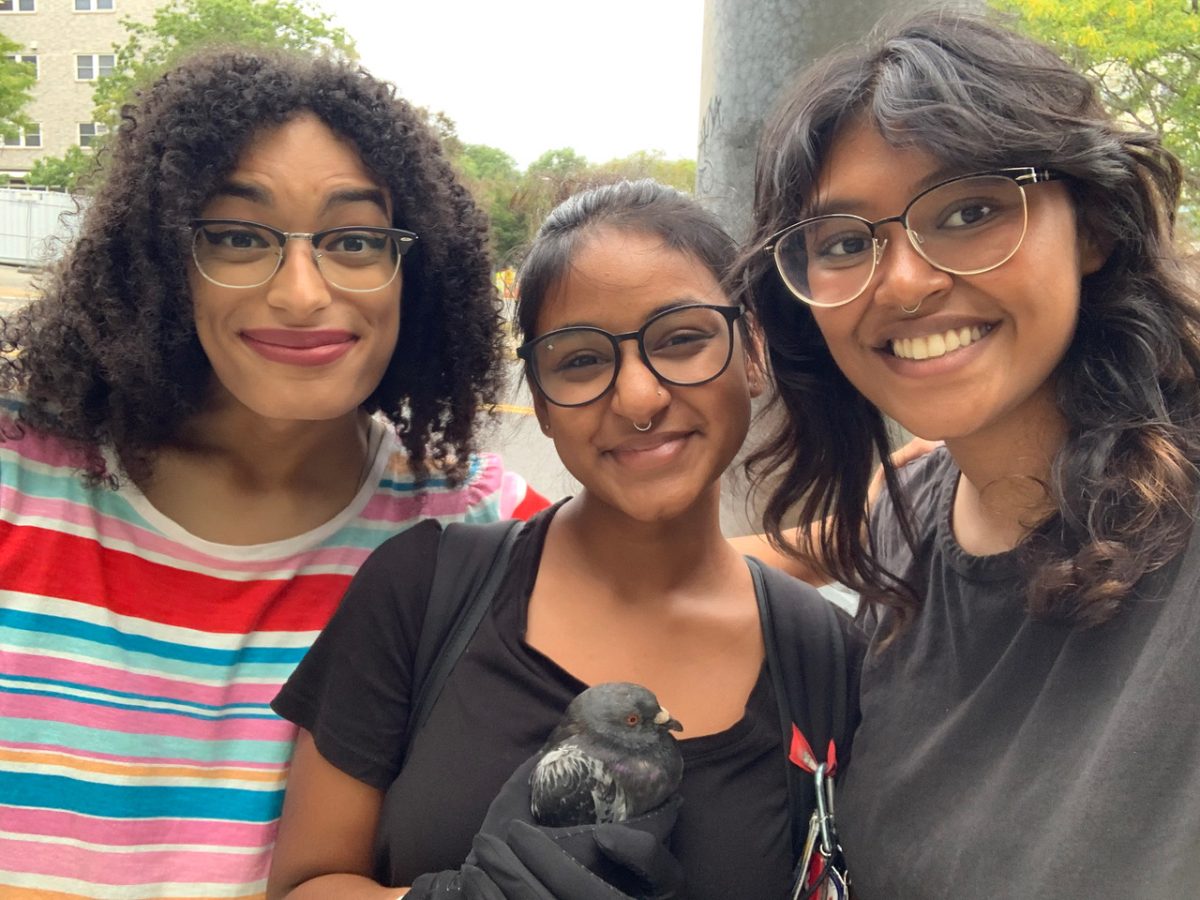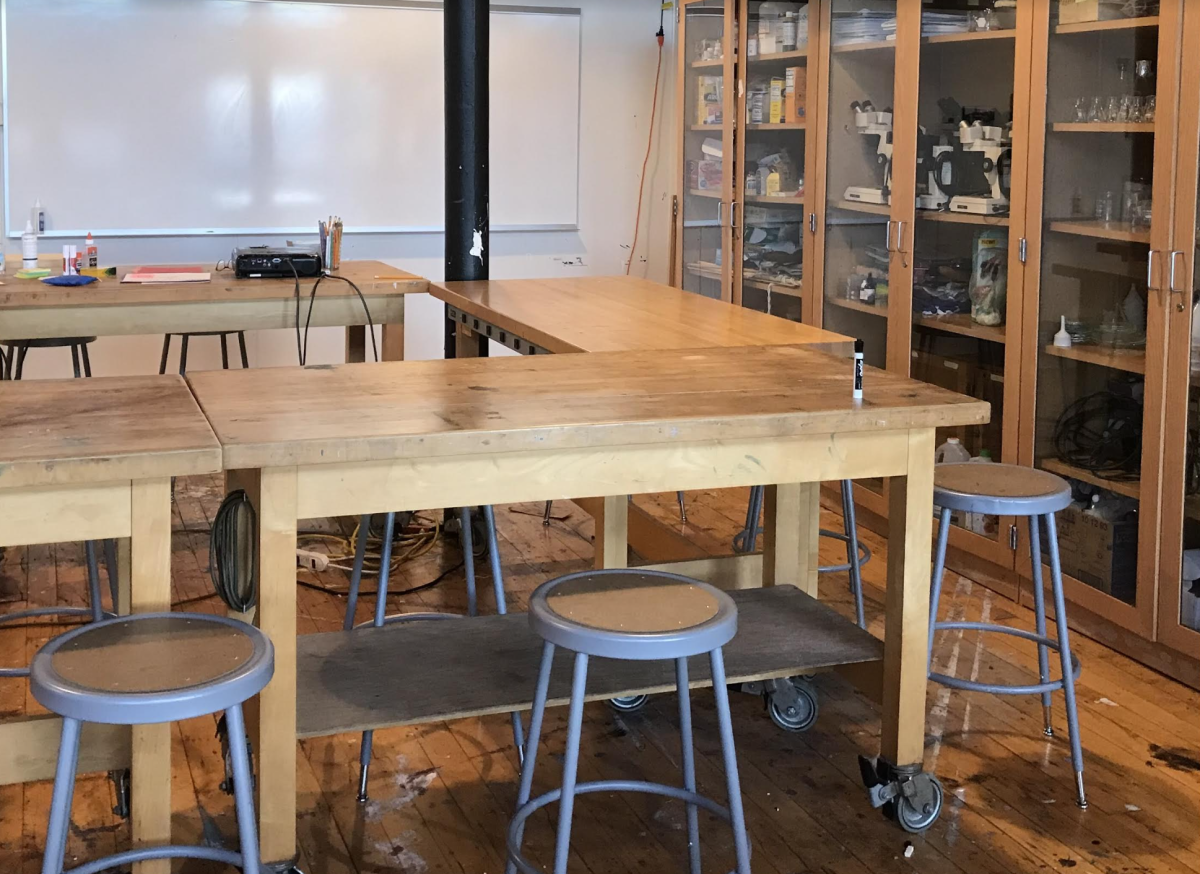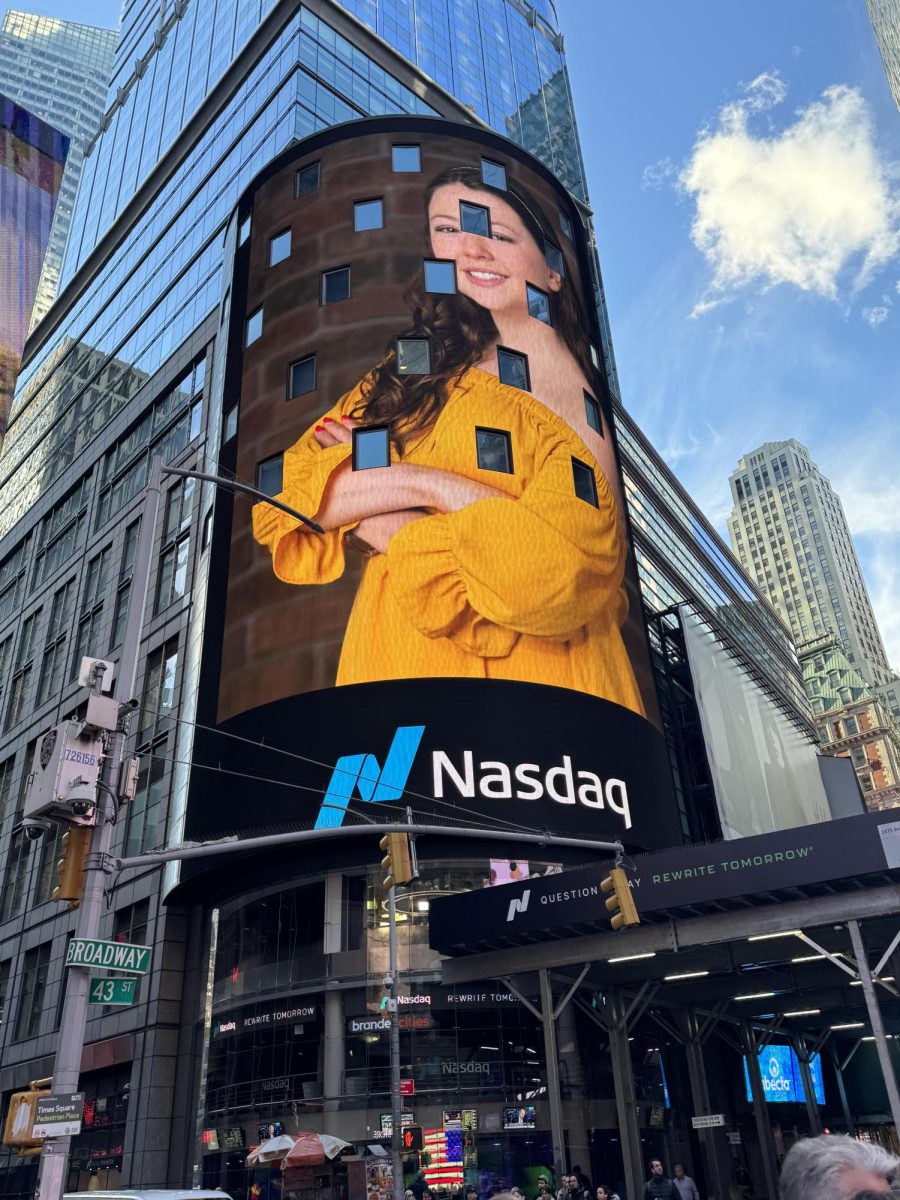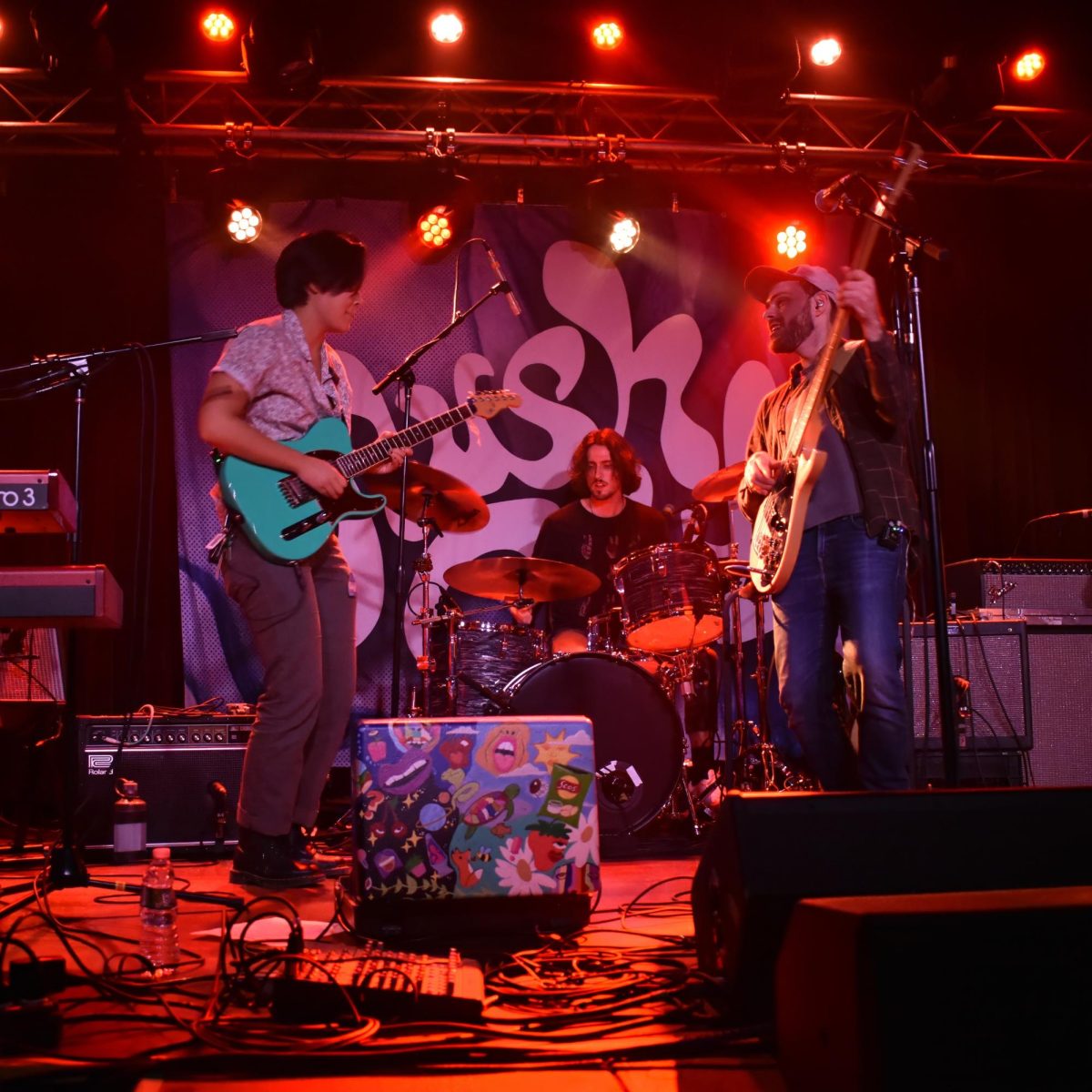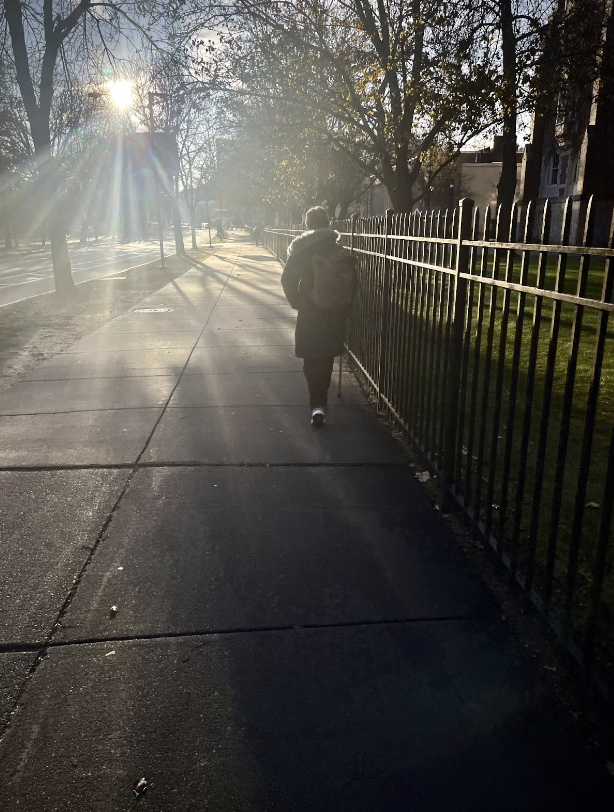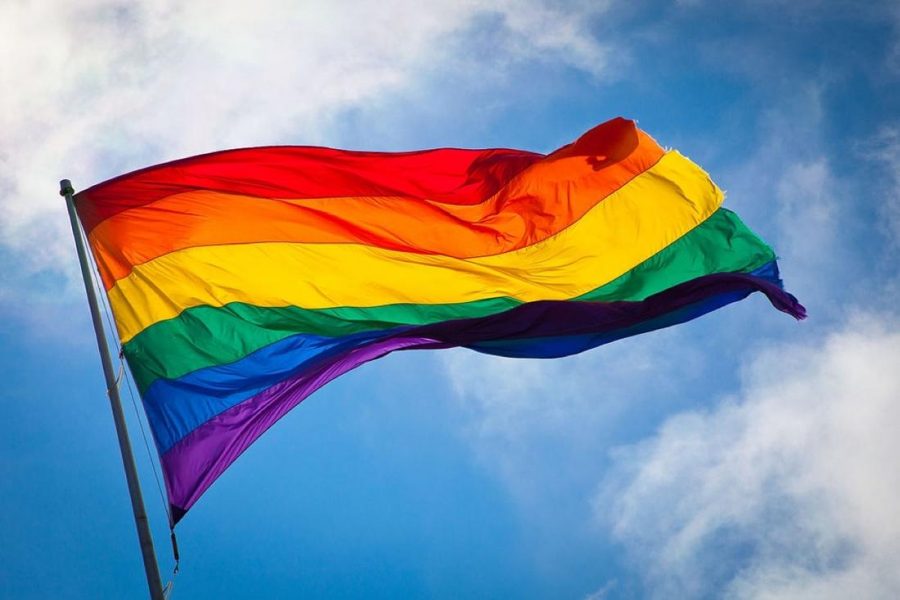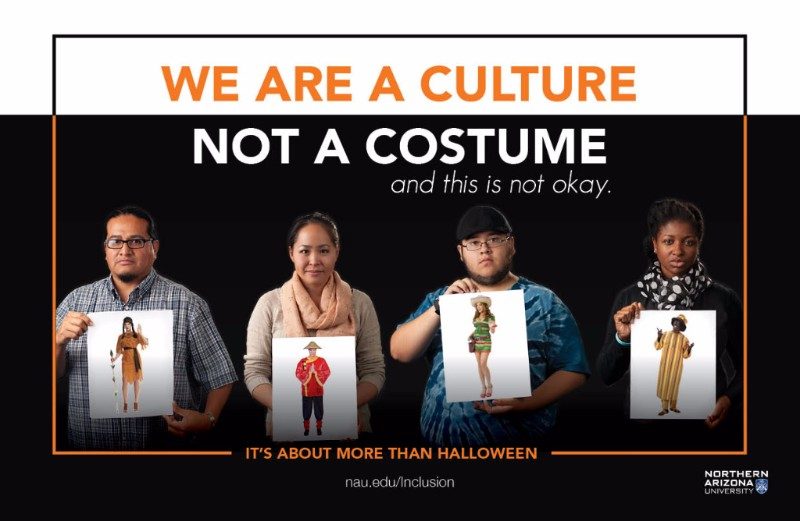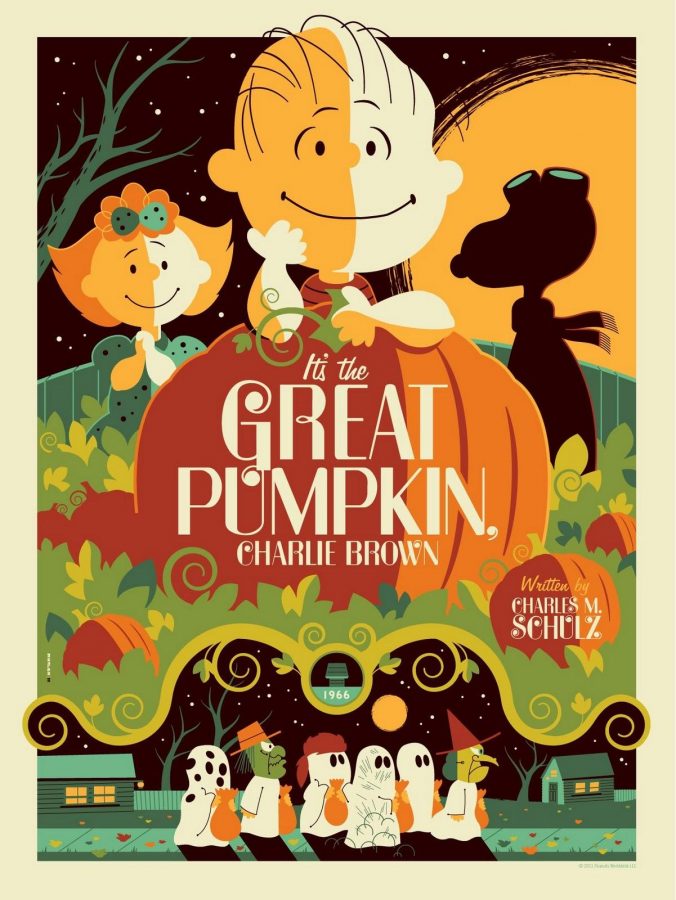Reflections on a proud history of civil rights activism
By Ellen Garnett
Staff Writer
The Black Student Organization (BSO) at Simmons College celebrated its 50 anniversary last Saturday on Oct. 17. It was a night of smooth jazz, rich food, nostalgia, and most importantly a call to educate ourselves on our own histories.
Founded in 1965, the BSO, formerly known as the Civil Rights Club, was formed by a racially diverse group of students in response to the Civil Rights Movement of the 1960s to “promote and educate the community in black identity expression,” according to their mission statement.
This mission was especially put to the test in 1969 when the BSO members approached President Park with a list of ten demands regarding Simmons’ lack of recognition of black issues.
Two of the most notable demands were the recruitment of black staff as well as the establishment of a Black Studies Program (now known as Africana Studies) at Simmons.
The BSO designed these commands to create a more welcoming environment for students of color on campus and continue the conversation on civil rights.
Although the BSO has changed its name on several occasions, with variations including the Black American Student Organization and the Black Hispanic Student Organization, the group continues to maintain a strong sense of community.
All members of the BSO, whether young or old, still attest to the closeness of group, even after leaving Simmons.
“They give us a pedestal to stand on of humility and dedication,” said Alicia Canady, a former BSO member and Simmons College graduate who served as a panelist for the 50 anniversary.
Canady emphasized the importance of “keeping the history alive” of the BSO and the legacy of its founding members.
Canady specifically recalled an event during her time at Simmons in the late 1990s that tested the legacy of the BSO. The BSO hosted a pajama party which had a huge turnout of black students.
These students lined Brookline Avenue as they waited for the party to start, which caused Simmons police, Boston police, and state police to show up at the event in suspicion.
Police questioned black males and forced the BSO to shut down the event because the community was afraid of the large gathering of black students, according to Canady.
Olivia Winfield, another panelist and 2014 Simmons graduate, similarly expressed feeling isolated occasionally at Simmons, as it remains a predominantly white college.
She felt that she was “put on the spot and sometimes had to be the voice representing the black community.” Nevertheless, Winfield felt supported and empowered through her BSO membership.
“Be comfortable, confident, and clear that you have to stand on your own two feet,” said Kimberlee Henry, the third panelist who was also a former BSO member and Simmons graduate.
Henry pointed out that BSO is effective in building a sense of connection amongst black students but that at the end of the day, students should embrace their independence.
BSO’s 50 anniversary celebration urged invitees to educate themselves on their own histories and as Canady suggested, to “walk your truth” by embracing individuality.
This event served as a reminder to invitees to reflect on how they came to be who they are today, which can be difficult in our fast-paced society.








